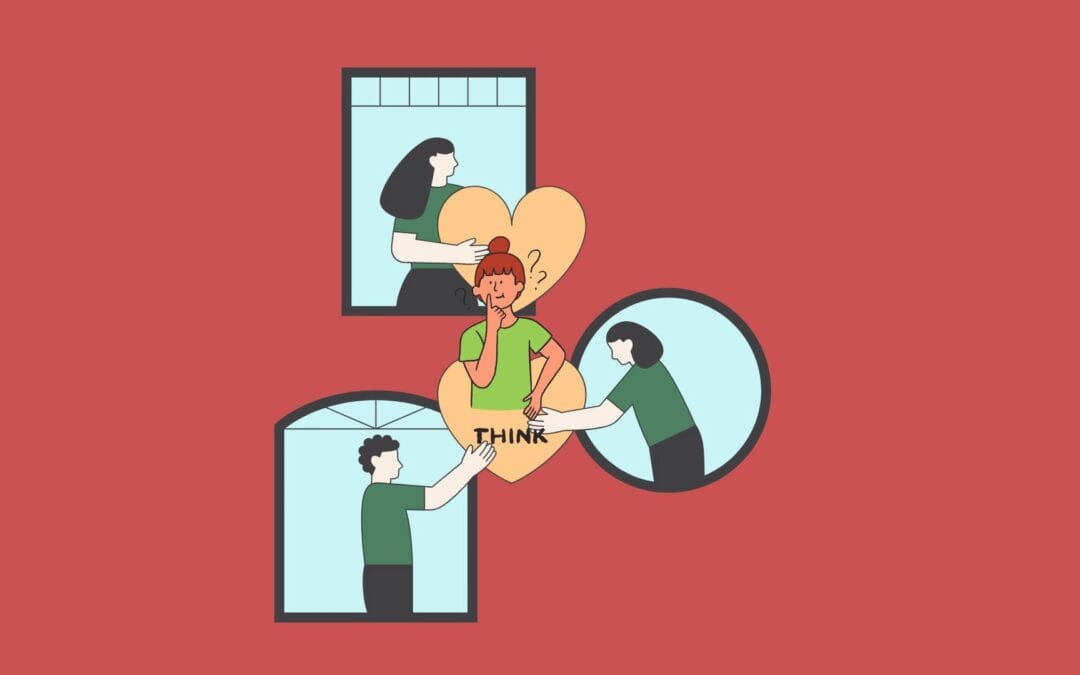Is volunteering always helpful?
Volunteering can be an enriching experience. Volunteering is rooted in doing something voluntarily, driven by a sense of purpose and the desire to contribute without expecting anything in return. From my personal experience, the opportunity to engage in a community, share skills, and learn from others can be profoundly meaningful.
However, while volunteering comes with the best intentions, it is important to examine its broader implications critically. Particularly in an international context, it can sometimes lead to unintended negative effects.
Thus, this article aims to help readers understand how white privilege can shape volunteering experiences. It is written by a white person volunteering in Nepal and is addressed to white people.
In the following, you find my first two key questions for reflection:
What stereotypes or biases do you hold about the local community?
Volunteers should critically examine their assumptions about the Nepali people they are working with and reflect on the ways these assumptions may influence their behavior, language, and decisions. Additionally, would I hold the same views or make the same comments if the person in question were my friends or were white? For instance, do you attribute certain traits—such as kindness or simplicity—to the Nepali community? While these are mostly negative but can also be positive attributes, they reduce individuals to stereotypes and overlook the complexity of their identities and experiences. This reflection is vital to uncover implicit biases that may go unnoticed. Challenging these stereotypes fosters mutual respect and understanding.
Personally, also me, after 10 years of closely working in international teams, I catch myself having stereotypes – also about Nepali people. I needed to learn that you can’t totally get rid of all of them and that it is better not to ignore them claiming to be a “good person”. It is more helpful to try to catch your thoughts, even if they don’t feel comfortable, and challenge them. For me, this is the only honest approach in deconstructing your stereotypes and biases.
Does your presence unintentionally reinforce neocolonialism, racism, or global inequalities?
As just discussed, the way you see and interact with the people you work with in Nepal can be shaped by biases, even if you don’t realize it. These biases are especially dangerous if you are privileged in the global system. Thus, your biased attitudes and actions that keep harmful power dynamics in place. This is closely connected to issues of racism.
Additionally in Nepal, some people idealize white volunteers, associating whiteness with superiority or even rewards from past lives. This creates and reinforces harmful ideas about race, making it seem like white people are naturally better or more deserving.
Consequently, being able to travel and volunteer in countries like Nepal highlights global inequalities. Most people in the Global South don’t have the same opportunities, and this disparity underscores the imbalance of power and resources. How does it make you feel if I taper it? Simply by being in Nepal as a white person, you are part of reinforcing global inequalities and neocolonialism—unintentionally and simply by being there.
For me as a white person, I feel insecure about this fact and my work on the one hand. On the other hand, I am more than thankful that I learned about this reality from people in Global South. It motivates me to address the privileges and point out that change is needed in Global Northern countries.
So, does that mean I should not volunteer at all?
Maybe this question came to your mind while reading. I recommend that you find an answer by yourself. Here is mine: To judge if you should volunteer or not was never the point of the article. I am a volunteer myself at the moment and I had these learnings long before coming here to Nepal. As you can see, I am still a volunteer. My point is that you must check your privileges and reflect on the stereotypes in your mind. Read and inform yourself as much as possible about global imbalances, listen to people from Global South and never forget to reflect on yourself. I know you are wise enough to do so and I wish you all the best 😊
Disclaimer
The description of Nepali people in this discussion cannot and should not be generalized, as every individual and community is unique. Personal experiences with people in Nepal can vary widely. This article draws on academic research and personal insights, aiming to highlight patterns and questions worth considering for more conscious engagement.
Prepared by:
Doreem Regenscheit
Project : YWC Women Empowerment
ESC Volunteering 2024/25
Ready to Make a Difference? Start Your Volunteer Journey Today!

